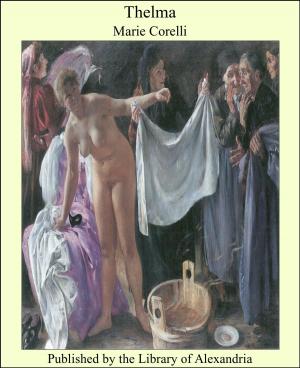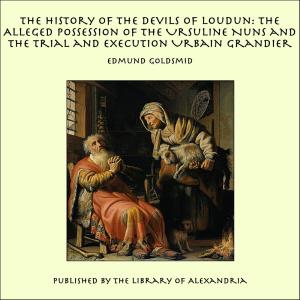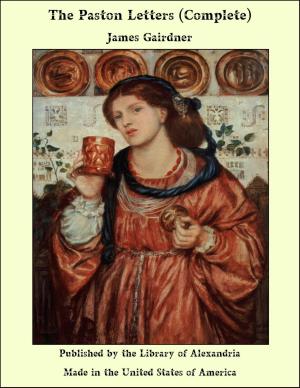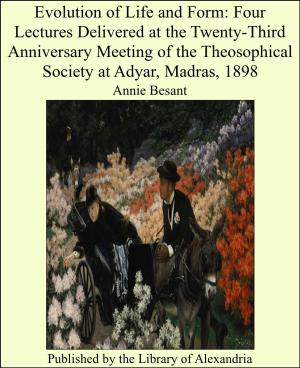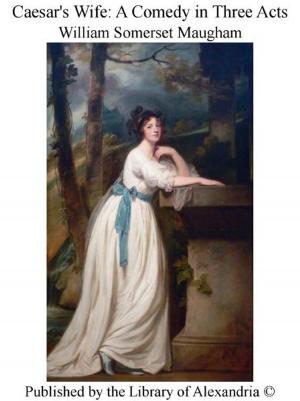The Confederate First Reader
Nonfiction, Religion & Spirituality, New Age, History, Fiction & Literature| Author: | Richard McAllister Smith | ISBN: | 9781465534132 |
| Publisher: | Library of Alexandria | Publication: | March 8, 2015 |
| Imprint: | Language: | English |
| Author: | Richard McAllister Smith |
| ISBN: | 9781465534132 |
| Publisher: | Library of Alexandria |
| Publication: | March 8, 2015 |
| Imprint: | |
| Language: | English |
This book is not designed to supersede the spelling-book, or suspend its use. Its leading purpose is to furnish suitable reading lessons for young pupils. It is not believed to be expedient to divide the learner’s attention with Other exercises, which are better pursued separately and in Other books. “One thing at a time” is sound wisdom in study as in Other employments. The first thing to be carefully insisted on, in the young reader, is a clear, distinct articulation. This is indispensable to good reading. The habit of indistinct pronunciation is usually contracted in the early lessons of the pupil, and is ever afterwards difficult to overcome. It results from ignorance of words, or from a drawling, indolent tone, or from a haste which mutilates the words or runs them into each Other. A monotonous style of reading is another errror into which the young reader is very liable to fall, unless closely watched. To avoid this, the lesson must be so carefully prepared that each word can be readily called at sight. There can be no good reading, and no improvement, where the learner must spell his way. Besides being familiar with the words of the lesson, the pupil must also understand its import, and catch its spirit. These will go far to ensure an easy utterance and natural tone, and the proper inflection and emphasis. It should be borne in mind that a school-reader is not a mere story-book, to be hurried through, as such, and then flung aside for another. But the lessons are to be re-read and dwelt upon until familiarity and practice, aided by the instructions of the teacher, shall enable the young learner to give them a correct rendering
This book is not designed to supersede the spelling-book, or suspend its use. Its leading purpose is to furnish suitable reading lessons for young pupils. It is not believed to be expedient to divide the learner’s attention with Other exercises, which are better pursued separately and in Other books. “One thing at a time” is sound wisdom in study as in Other employments. The first thing to be carefully insisted on, in the young reader, is a clear, distinct articulation. This is indispensable to good reading. The habit of indistinct pronunciation is usually contracted in the early lessons of the pupil, and is ever afterwards difficult to overcome. It results from ignorance of words, or from a drawling, indolent tone, or from a haste which mutilates the words or runs them into each Other. A monotonous style of reading is another errror into which the young reader is very liable to fall, unless closely watched. To avoid this, the lesson must be so carefully prepared that each word can be readily called at sight. There can be no good reading, and no improvement, where the learner must spell his way. Besides being familiar with the words of the lesson, the pupil must also understand its import, and catch its spirit. These will go far to ensure an easy utterance and natural tone, and the proper inflection and emphasis. It should be borne in mind that a school-reader is not a mere story-book, to be hurried through, as such, and then flung aside for another. But the lessons are to be re-read and dwelt upon until familiarity and practice, aided by the instructions of the teacher, shall enable the young learner to give them a correct rendering

